The Zuckerberg-Trump Dynamic: Implications For The Tech Industry And Beyond
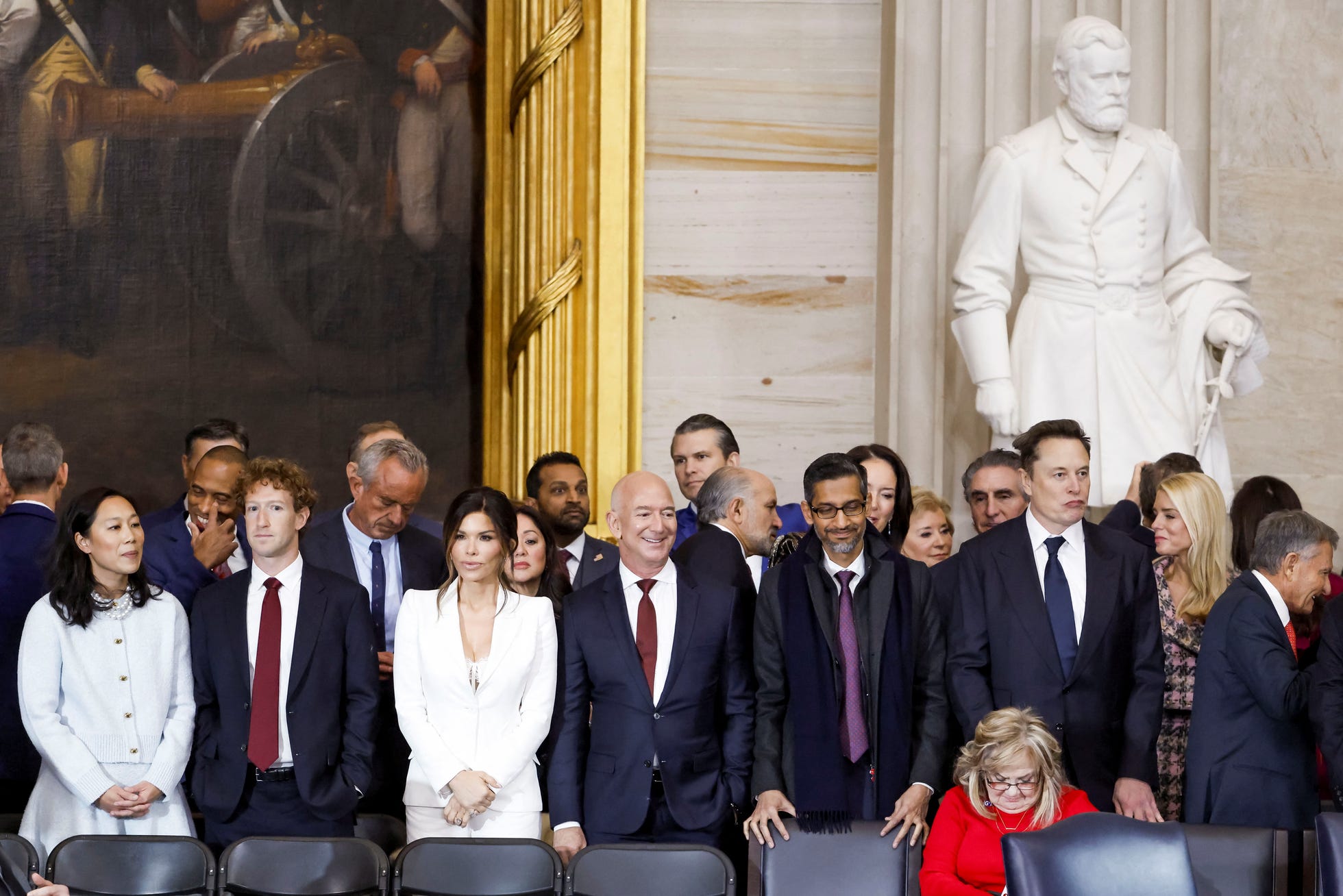
Table of Contents
The Rise of Social Media and Political Polarization
The rise of social media platforms, particularly Facebook, coincided with a surge in political polarization. This section analyzes how this convergence played out in the context of the Zuckerberg-Trump relationship.
Trump's Use of Facebook and its Impact
Donald Trump's masterful use of Facebook to connect directly with voters redefined political campaigning.
- Strategic Use: Trump leveraged Facebook's vast reach to bypass traditional media, delivering his message directly to millions.
- Algorithmic Amplification: Facebook's algorithm amplified Trump's often divisive rhetoric, further polarizing public opinion and contributing to the spread of misinformation. The platform's newsfeed design favored emotionally charged content, giving Trump's posts exceptional visibility.
- Misinformation and Divisive Rhetoric: The platform became a breeding ground for the dissemination of false or misleading information, impacting the 2016 election and subsequent political events. The lack of robust fact-checking mechanisms exacerbated the problem.
- Ethical Implications: Facebook's role in facilitating the spread of misinformation and divisive rhetoric raised serious ethical questions regarding platform responsibility and the potential for abuse of its power. The company faced intense criticism for its perceived inaction.
Zuckerberg's Response and the Debate on Platform Responsibility
Zuckerberg's initial response to concerns about political advertising and misinformation on Facebook was met with considerable criticism.
- Reluctance to Regulate: Early on, Facebook showed reluctance to aggressively regulate political advertising, citing concerns about free speech.
- Policy Changes: Following intense public pressure and government scrutiny, Facebook implemented changes to its policies, including increased efforts to combat misinformation and enhance transparency in political advertising. These changes, however, were often seen as insufficient.
- The Responsibility Debate: The Zuckerberg-Trump dynamic fueled a wider debate about the responsibility of social media platforms to regulate political speech. The question of whether platforms should act as neutral carriers of information or take a more active role in curating content remains highly contested.
- Balancing Free Speech and Misinformation: The central challenge for Facebook, and other social media companies, is balancing the principle of free speech with the urgent need to combat the spread of harmful misinformation. This balancing act remains a critical issue in the ongoing conversation surrounding platform responsibility.
Regulatory Scrutiny and Antitrust Concerns
The Zuckerberg-Trump dynamic also intensified regulatory scrutiny of Facebook and other tech giants.
Government Investigations and Hearings
The relationship between Zuckerberg and Trump led to numerous investigations and congressional hearings.
- Facebook Investigations: Multiple investigations focused on Facebook's data privacy practices, its role in spreading misinformation, and its potential for anti-competitive behavior. These probes involved both US and international regulatory bodies.
- Market Dominance Concerns: Concerns arose regarding Facebook's market dominance and its potential for abusing its power to stifle competition and influence political discourse. The company's size and influence raised significant antitrust questions.
- Political Pressure: The Trump administration, while initially seemingly tolerant of Facebook's actions, later faced increasing political pressure to hold the company accountable for its role in the spread of misinformation and its impact on elections.
The Future of Tech Regulation
The Zuckerberg-Trump dynamic will undoubtedly shape future regulations governing social media companies.
- Impact on Tech Regulation: The relationship highlighted the need for more robust regulations to address issues of misinformation, data privacy, and anti-competitive practices in the tech sector.
- Antitrust Implications: The debate over antitrust laws and their applicability to tech giants like Facebook will continue to be central to future regulatory efforts.
- Greater Government Oversight: The experience of the Zuckerberg-Trump dynamic suggests that greater government oversight of social media platforms is likely, although the exact nature and extent of this oversight remain to be determined.
The Broader Impact on Political Discourse and Democracy
The interplay between Zuckerberg and Trump has had far-reaching implications for political discourse and democracy worldwide.
The Spread of Misinformation and its Consequences
The ease with which misinformation spreads on social media platforms, particularly during elections, poses a significant threat to democracy.
- Role of Social Media in Spreading False Information: Social media has become a major vector for the spread of false or misleading information, impacting public opinion and voter behavior.
- Impact on Voter Behavior: The proliferation of misinformation can significantly influence voter decisions, potentially undermining the integrity of democratic processes.
- Combating Disinformation: Combating the spread of disinformation online presents a significant challenge, requiring a multi-faceted approach involving platform regulation, media literacy education, and fact-checking initiatives.
The Future of Political Communication
The Zuckerberg-Trump dynamic has fundamentally reshaped the landscape of political communication.
- Increased Reliance on Social Media: Political campaigns increasingly rely on social media platforms for voter outreach and communication.
- Long-Term Implications for Democracy: The long-term implications for democratic debate and participation are profound, raising concerns about the erosion of trust in institutions and the polarization of public opinion. The future of informed political discourse is inextricably linked to how we manage the power of social media.
Conclusion
The relationship between Mark Zuckerberg and Donald Trump represents a pivotal moment in the intersection of social media and politics. Understanding the complexities of the Zuckerberg-Trump dynamic is crucial for navigating the challenges and opportunities presented by technology's powerful influence on society. The implications for the tech industry, political discourse, and democracy are far-reaching and long-lasting. Further research and critical analysis are needed to ensure responsible and ethical use of social media to promote informed public discourse and protect democratic processes. Continue learning more about the intricacies of the Zuckerberg-Trump dynamic and its lasting impact on the world.

Featured Posts
-
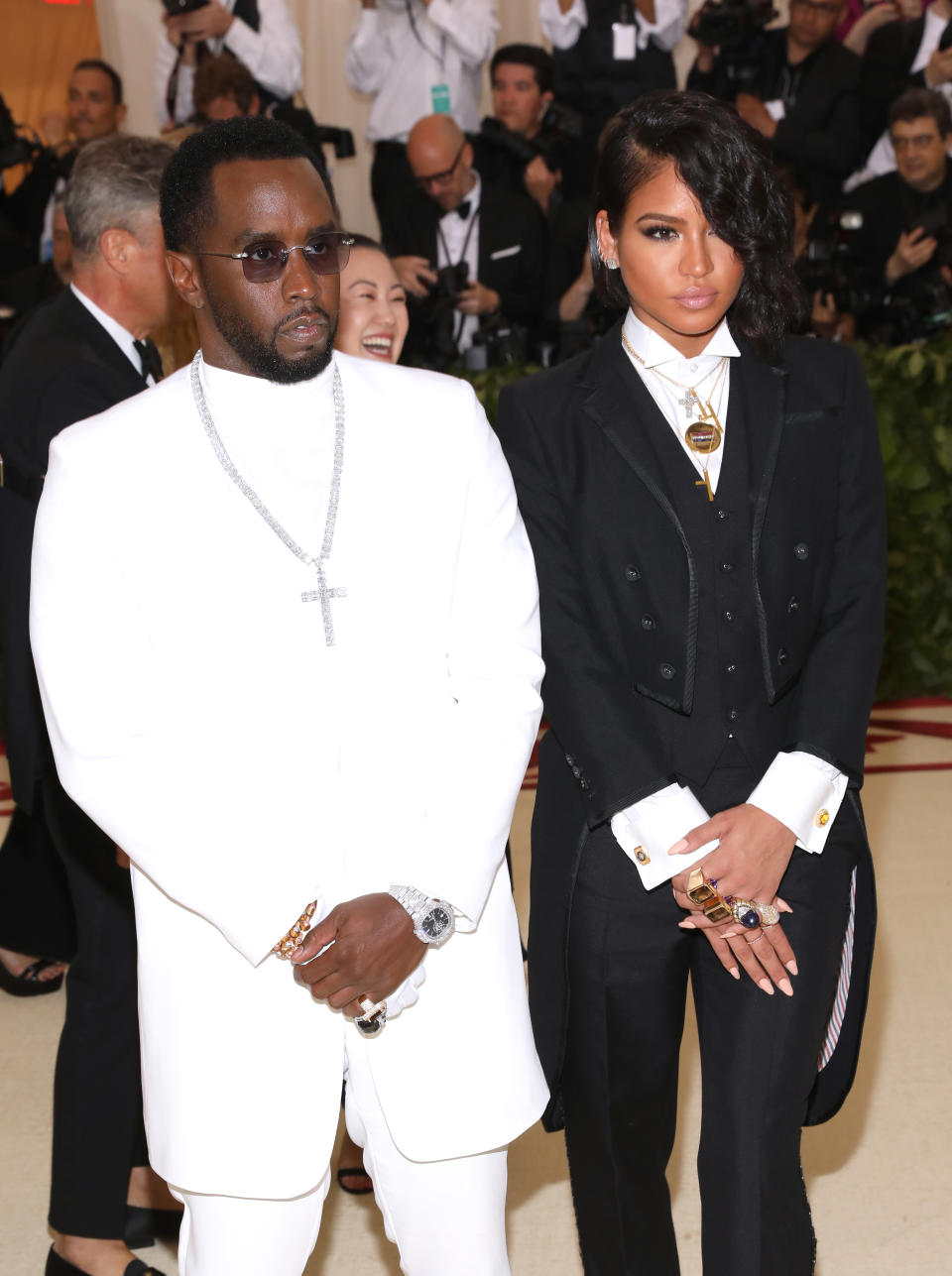 Analyzing Cassie Venturas Testimony In Sean Combs Case
May 17, 2025
Analyzing Cassie Venturas Testimony In Sean Combs Case
May 17, 2025 -
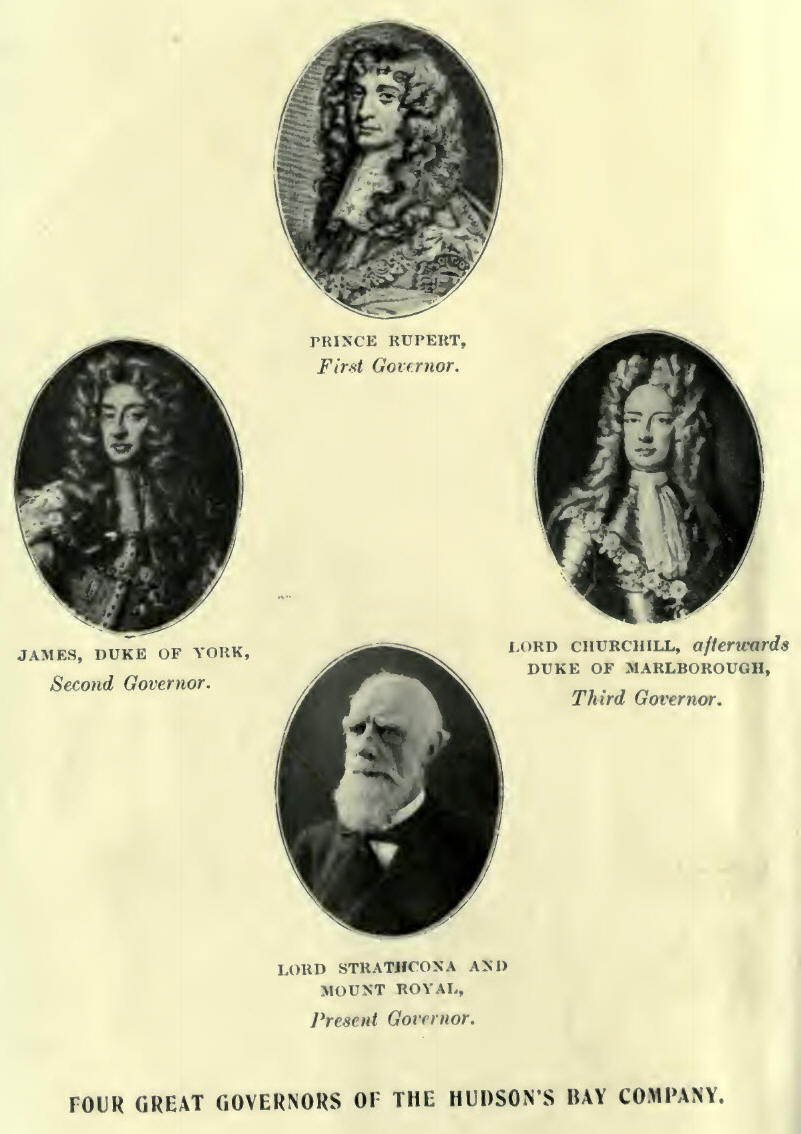 Canadian Tire Acquires Hudsons Bay Assets For 30 Million
May 17, 2025
Canadian Tire Acquires Hudsons Bay Assets For 30 Million
May 17, 2025 -
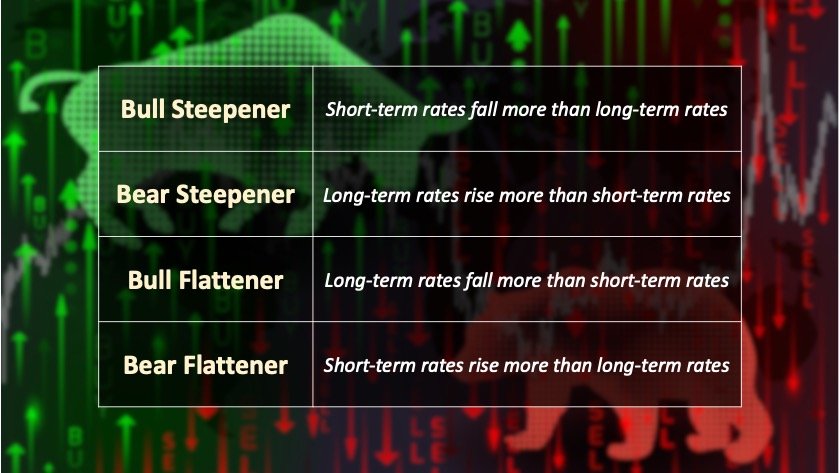 Analyzing Japans Bond Market The Impact Of A Steep Yield Curve
May 17, 2025
Analyzing Japans Bond Market The Impact Of A Steep Yield Curve
May 17, 2025 -
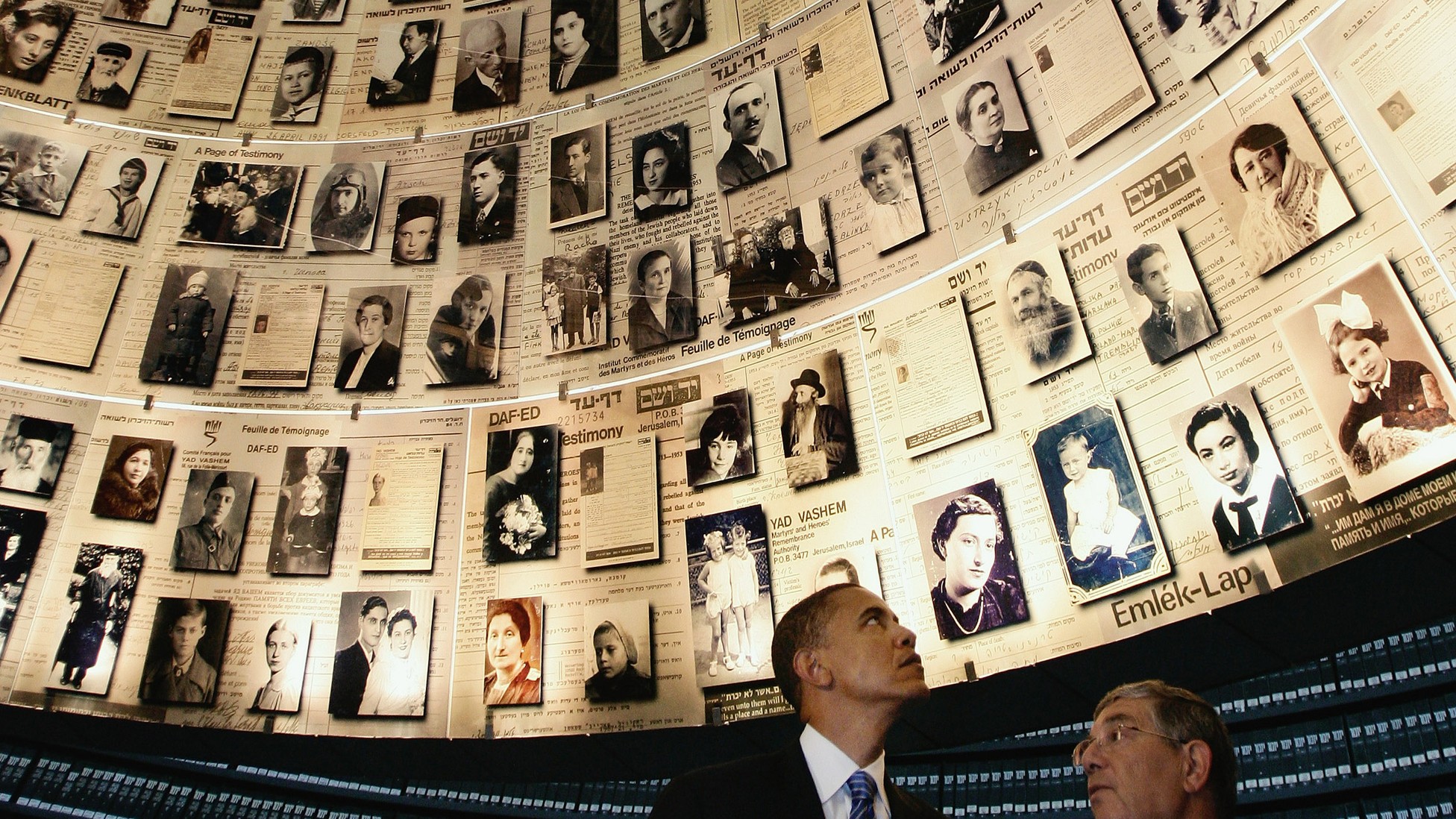 May 15 2025 Examining Trumps Middle East Trip And Its Presidential Impact
May 17, 2025
May 15 2025 Examining Trumps Middle East Trip And Its Presidential Impact
May 17, 2025 -
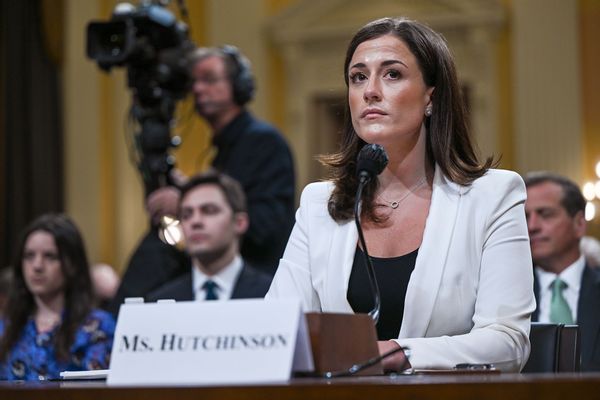 Cassidy Hutchinsons Memoir A First Hand Account Of The January 6th Attack
May 17, 2025
Cassidy Hutchinsons Memoir A First Hand Account Of The January 6th Attack
May 17, 2025
Latest Posts
-
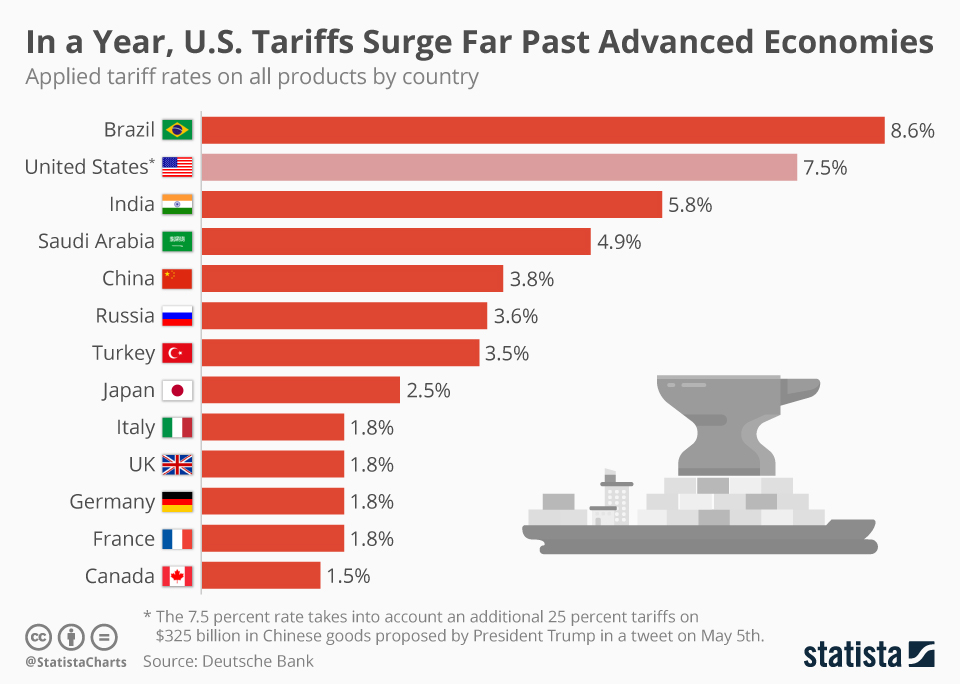 Ontarios 14 6 Billion Deficit Tariff Impacts And Economic Outlook
May 17, 2025
Ontarios 14 6 Billion Deficit Tariff Impacts And Economic Outlook
May 17, 2025 -
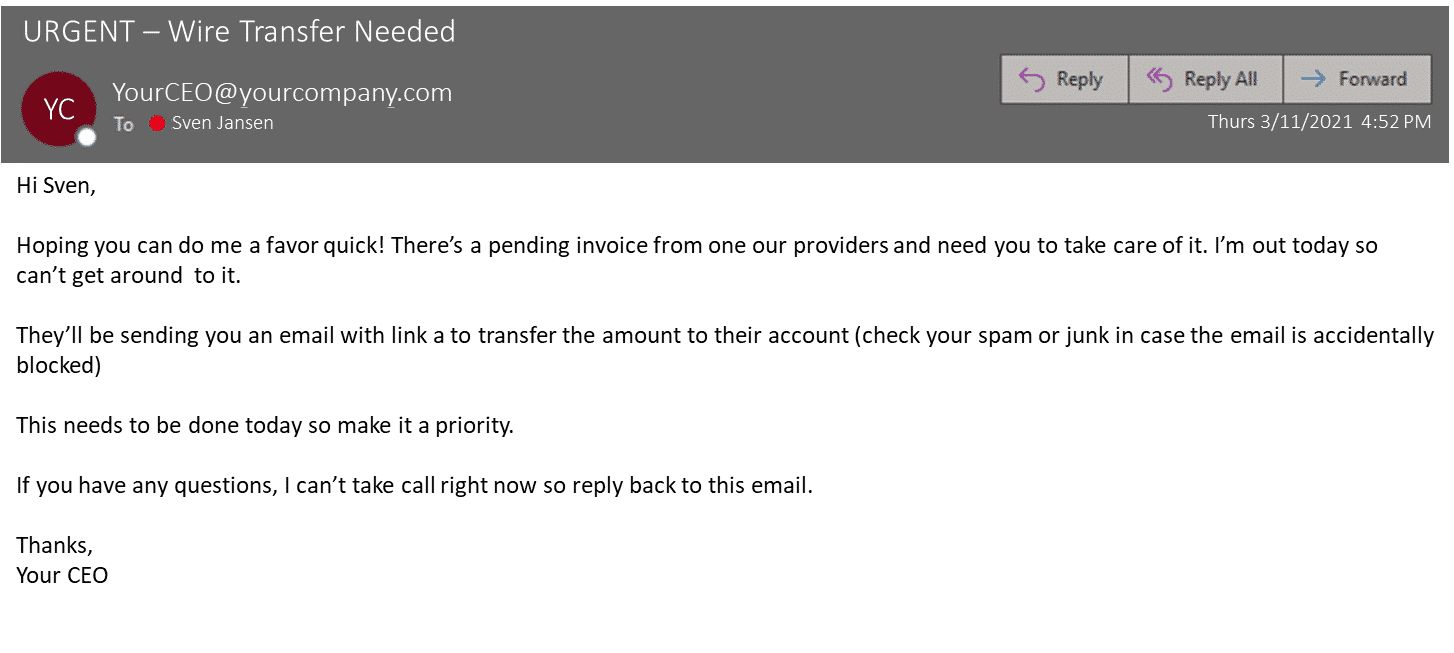 Millions Stolen Via Office365 Federal Investigation Into Executive Email Compromise
May 17, 2025
Millions Stolen Via Office365 Federal Investigation Into Executive Email Compromise
May 17, 2025 -
 Canadian Tire Acquires Hudsons Bay Assets For 30 Million
May 17, 2025
Canadian Tire Acquires Hudsons Bay Assets For 30 Million
May 17, 2025 -
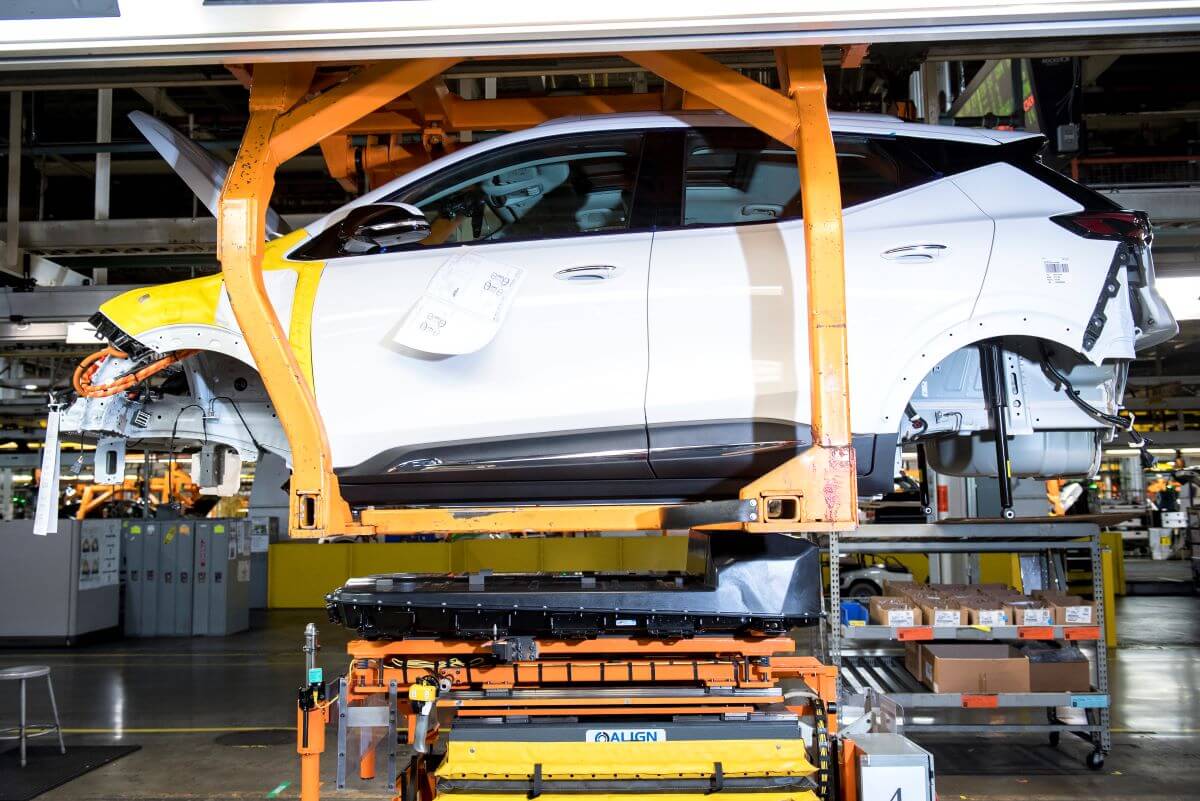 Car Dealerships Step Up Opposition To Mandatory Ev Sales
May 17, 2025
Car Dealerships Step Up Opposition To Mandatory Ev Sales
May 17, 2025 -
 Office365 Security Flaw Costs Executives Millions Criminal Charges Filed
May 17, 2025
Office365 Security Flaw Costs Executives Millions Criminal Charges Filed
May 17, 2025
